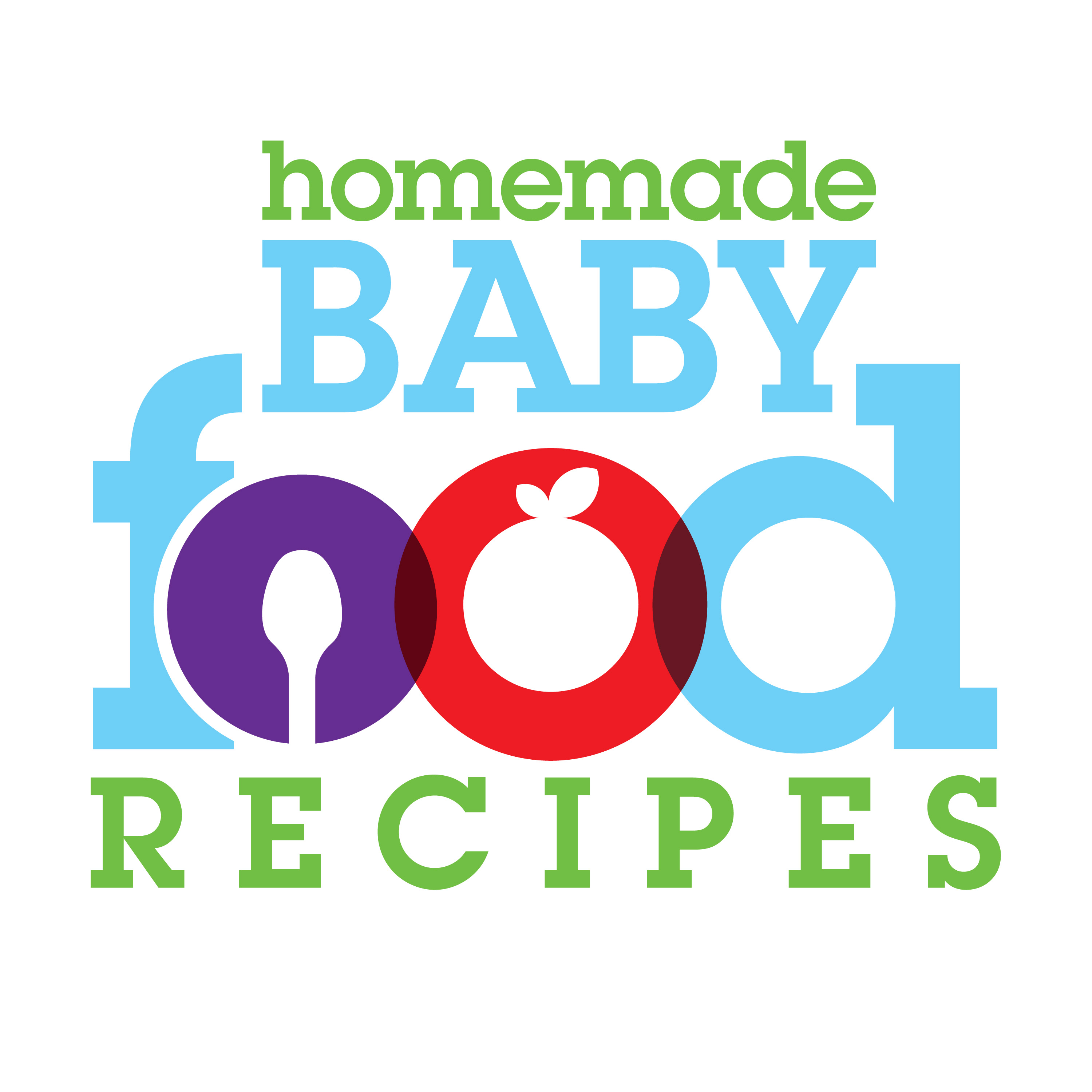Picture this: you’ve hunted down the freshest and most nutritious ingredients for your baby food recipes. You’ve just made a delicious batch of baby food with those fabulous ingredients and presented it to your tiny diner.
He opens his mouth, accepts the first two spoonfuls willingly… then suddenly decides he’s had enough!
 You try every trick in the book to tempt him to eat more… after all, now you’ve warmed the food he HAS to eat it, or it will be wasted!
You try every trick in the book to tempt him to eat more… after all, now you’ve warmed the food he HAS to eat it, or it will be wasted!
But despite all your coaxing, facial contortions and airplane noises, your little angel flatly refuses to open his mouth.
What should you do? Are you justified in trying to force your baby to eat?
Nine times out of ten, the answer is no – because the likelihood is that your baby is simply not hungry. Yet so many of us are guilty of trying to get our little ones to eat ‘just one more spoonful’, in the hopes of getting them to clear their plates altogether.
If your baby clamps his mouth shut and refuses to continue with his meal, you have two options.
You can either try offering your baby something else (yes, you may have to grit your teeth at the wasted food and effort!). In that case, offer something that can be prepared quickly and easily and that you KNOW your baby likes.
OR… you can calmly accept that this particular mealtime is over and clear everything away. And this may often be the best course of action.
In most cases, baby knows best
Of course, if your baby persistently refuses to eat then it’s important to rule out any underlying cause (usually teething!).
But it’s important to recognize that babies have an inbuilt ability to regulate their OWN food intake, eating what they need and refusing anything else.
This talent for self-regulation is your baby’s natural defense against over-eating and the problems associated with it – meaning that it’s very important for us to respect the signs of ‘fullness’ in our little ones.
The remarkable ability to self-regulate food intake is something we should not try to override – it’s something that will protect our children from gaining excess weight, not just in infancy, but throughout life.
Making mealtimes FUN again!
Quite aside from the prevention of excess weight gain caused by overeating, allowing your child to determine how much he eats lifts a huge amount of pressure off you as a parent.
We often hear from mums and dads about how their babies mealtimes are fraught with anxiety and how the dinner table has become a battleground.
It’s inevitable that the more anxious YOU are to get baby to eat, the more he will resist. The result is that he still eats pretty much the amount he intended to, but you’re both left frazzled by the stress of the experience.
Yet if you can accept that – in the vast majority of cases – babies WILL eat as much they need if given the freedom to do so, it can transform this unhappy experience into something you both look forward to.
Provided, of course, that your doctor is happy with your baby’s growth charts, then give your baby the opportunity to decide for himself how much to eat, whilst YOU concentrate on enjoying the meal together and interacting with your baby in a positive way.
You may even discover that the new, happy atmosphere at the dinner table encourages your baby’s appetite in a way that trying to ‘force’ him to eat never has!
DON’T…
- Warm too much food for baby in one sitting – then you won’t feel as annoyed if you have to discard it!
- Try encouraging your baby to eat more than he really wants, particularly with methods such as distraction.
- Insist that baby eats all of his ‘main course’ before offering a healthy dessert (such as fruit). Abandons your notions of the order of food types within a meal – baby isn’t familiar with them yet and you might achieve more success by changing things up a little!
- Allow your little one to fill up on ’empty calories’ such as those provided by sugary juices – these will reduce his appetite for healthy foods.
DO…
- Eat WITH your baby, preferably from the same plate if he seems particularly reluctant to eat. This both reinforces healthy eating habits AND saves on wasted food!
- Allow your baby to feed himself as soon as he’s ready, whether via a spoon or with finger foods – if your child is particularly independent, then the introduction of finger foods can make all the difference!
- Keep a food diary and note EVERYTHING your baby consumes – it may be much more than you think and will give you more confidence in allowing him the freedom to choose how much to eat.
For more information – including tips for spotting signs of fullness – please see
How Much Should My Baby be Eating?
And don’t miss…
Baby feeding problems – dealing with gagging
Help! My baby won’t eat vegetables
If you have any experiences to share, please do leave your comments below.
